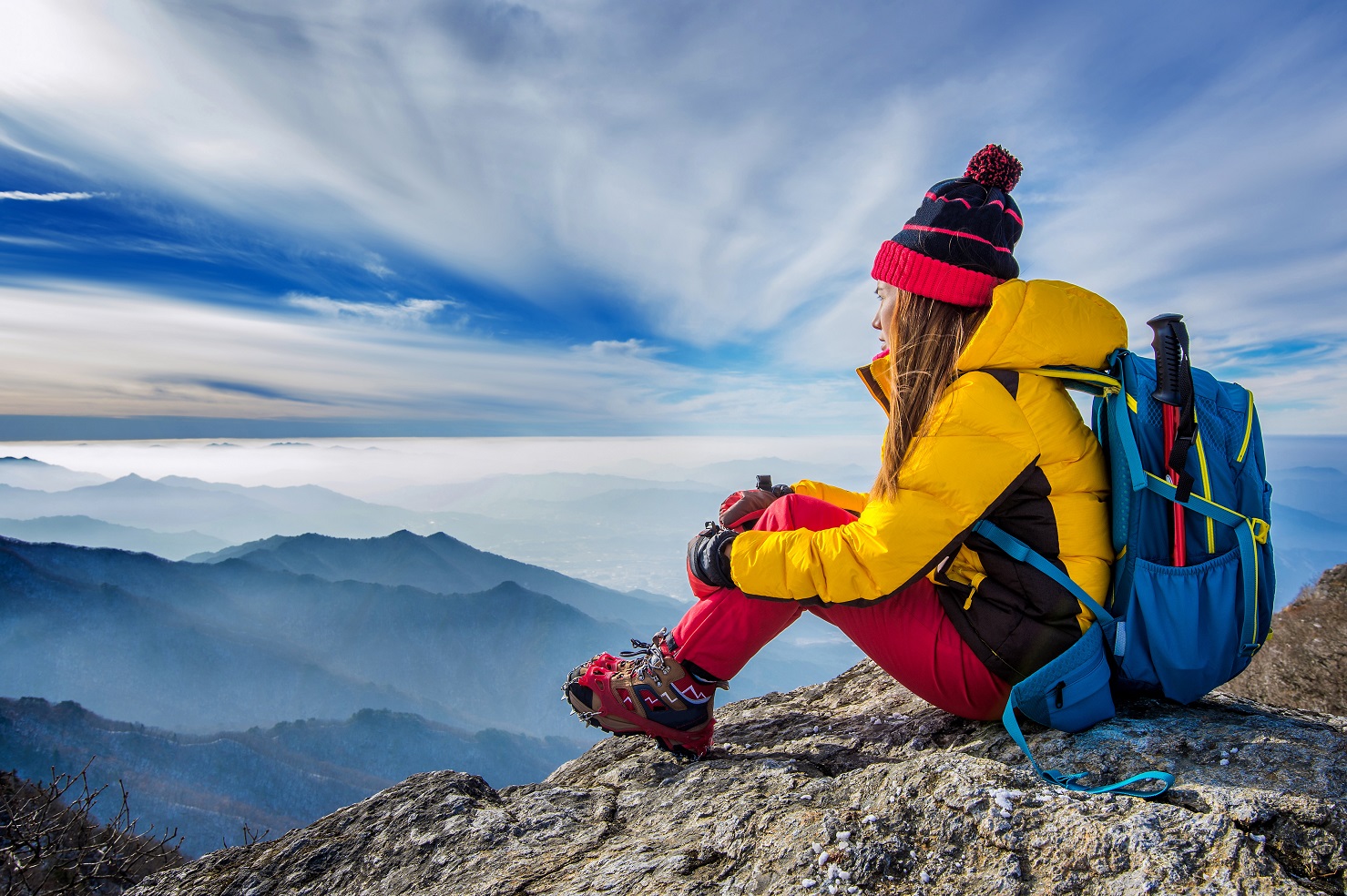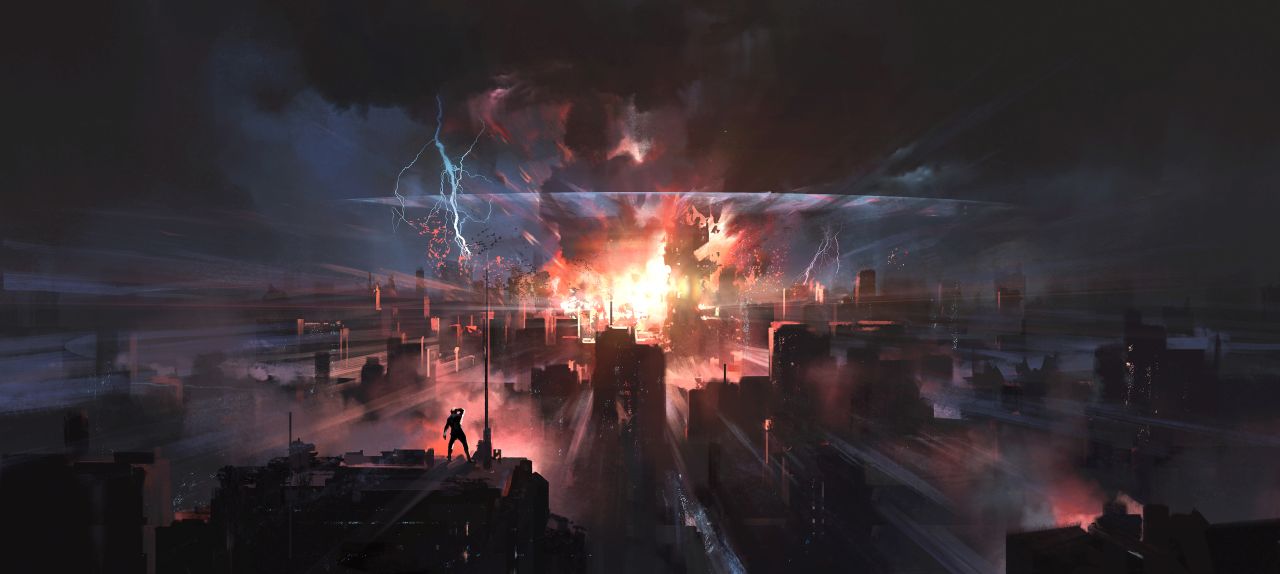Preppers – conspiracy theories, reptilian people, end of the world, life in underground shelters, and similar concepts are no longer the prevailing image that “preppers” have in the public eye.
Preppers (also known as survivalists) are people who are often defined as those who intensely prepare for an impending catastrophe or collapse of civilization, and accordingly plan, prepare, and test survival methods and strategies. Although they have often been criticized as extreme groups prone to conspiracy theories, after some time and the spread of similar movements globally, it has been shown that they are a diverse group of people whose intentions are not always bad. After all, the spread of violence at all levels has forced us all to rethink how to protect ourselves and our loved ones.
The useful advice of preppers is similar to the rules of emergency services:
Emergency bag (a bag with items necessary for the first 72 hours of danger, in addition to the standards recommended by emergency services, preppers often add basic tools, hunting knife, duct tape, etc.)
Evacuation (evacuation routes, meeting places, means of communication, key contacts, etc.)
Water and food (three days of necessary food supplies for evacuation, as well as for two weeks if staying at home, but some prepper groups advocate the need to create larger reserves for longer periods)
Shelter (weekend house, cabin, tent, improvised shelter away from home…)
Equipment (first aid kit, but also exercises, tools and supplies, mobile phones, batteries, etc.)
Navigation and spatial orientation (basic navigation without electronic aids, advance planning, bringing maps, compasses, and other equipment depending on plans…
Reserve clothing and footwear, depending on the type of disaster or event and plans for each situation
Self-defense and safety (skills and training, types of weapons, safety rules in crisis situations)
Planning and training (making family plans for different types of risks, assigning tasks within the group, training (through games with children), procedures for different types of risks (fire, flood, earthquake).
Of course, there is always someone in every group prone to exaggeration or extremism (in the media, the worst, psycho-pathological cases are often highlighted), but if someone enjoys spending time in nature (like hikers or hunters), while developing survival skills in extreme situations, it seems today like a reasonable, interesting, but also useful hobby. After all, what the media often calls “bushcraft” is actually an old and well-known skill of survival and navigation in nature. If the state cares about crisis situations through the civil protection system, those among us who are well-intentioned, want to help others in distress, and have survival, first aid, or self-defense skills, can contribute to the community in crisis situations.
From publicly available data, it can be perceived that Croatian preppers are more moderate than American ones (whose story was based on a kind of Doomsday cult), not bound by conspiracy theories, political and religious views, but more focused on real, local issues. Although it seems like all security issues today are actually global, our “preppers” are more realistic, aware of the types of risks in their immediate environment, and sometimes based on their own experiences. In future topics, we will describe Croatian prepper experiences firsthand, talk to experts, and select crisis management experiences that are useful for the wider population.


